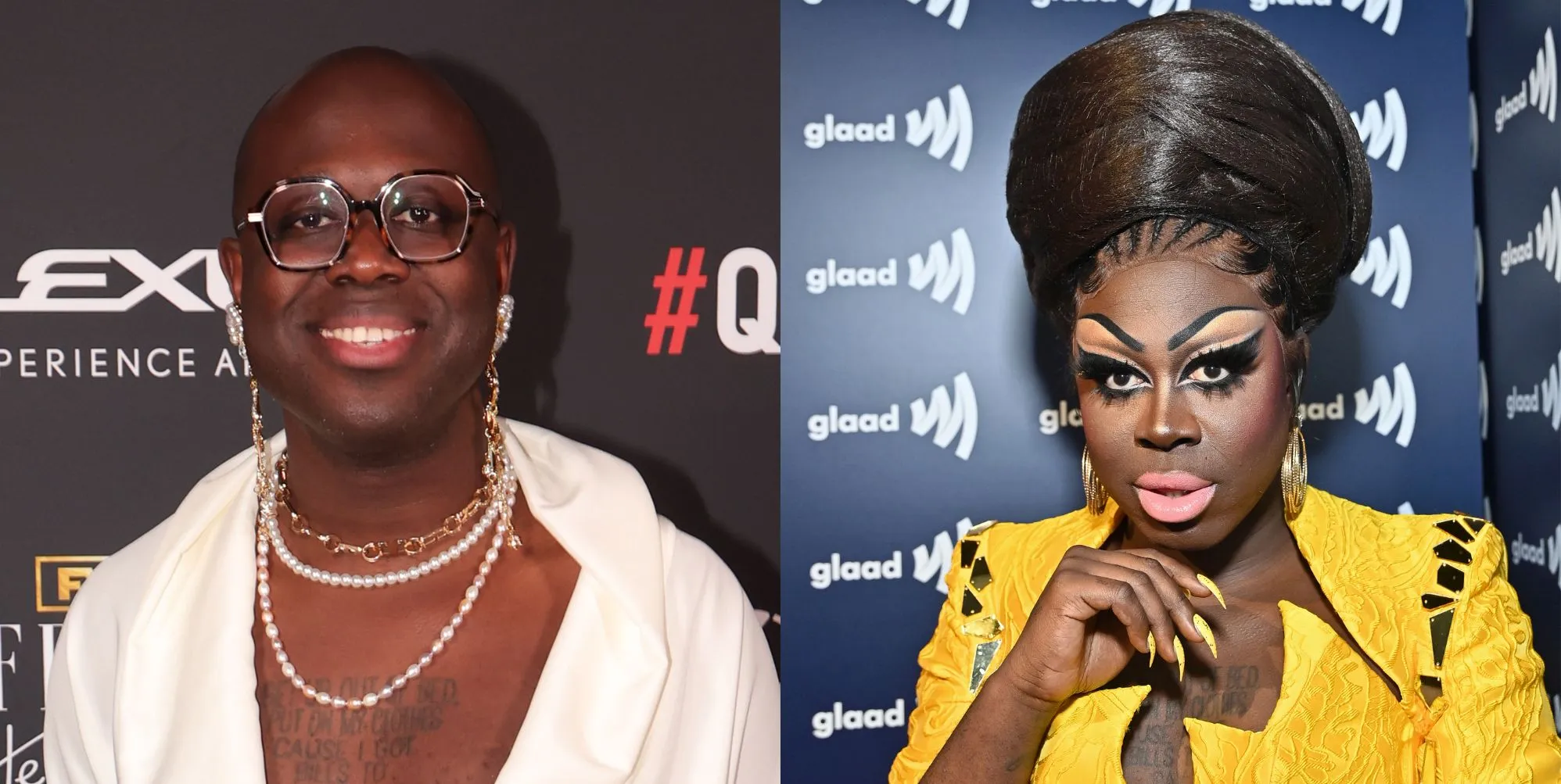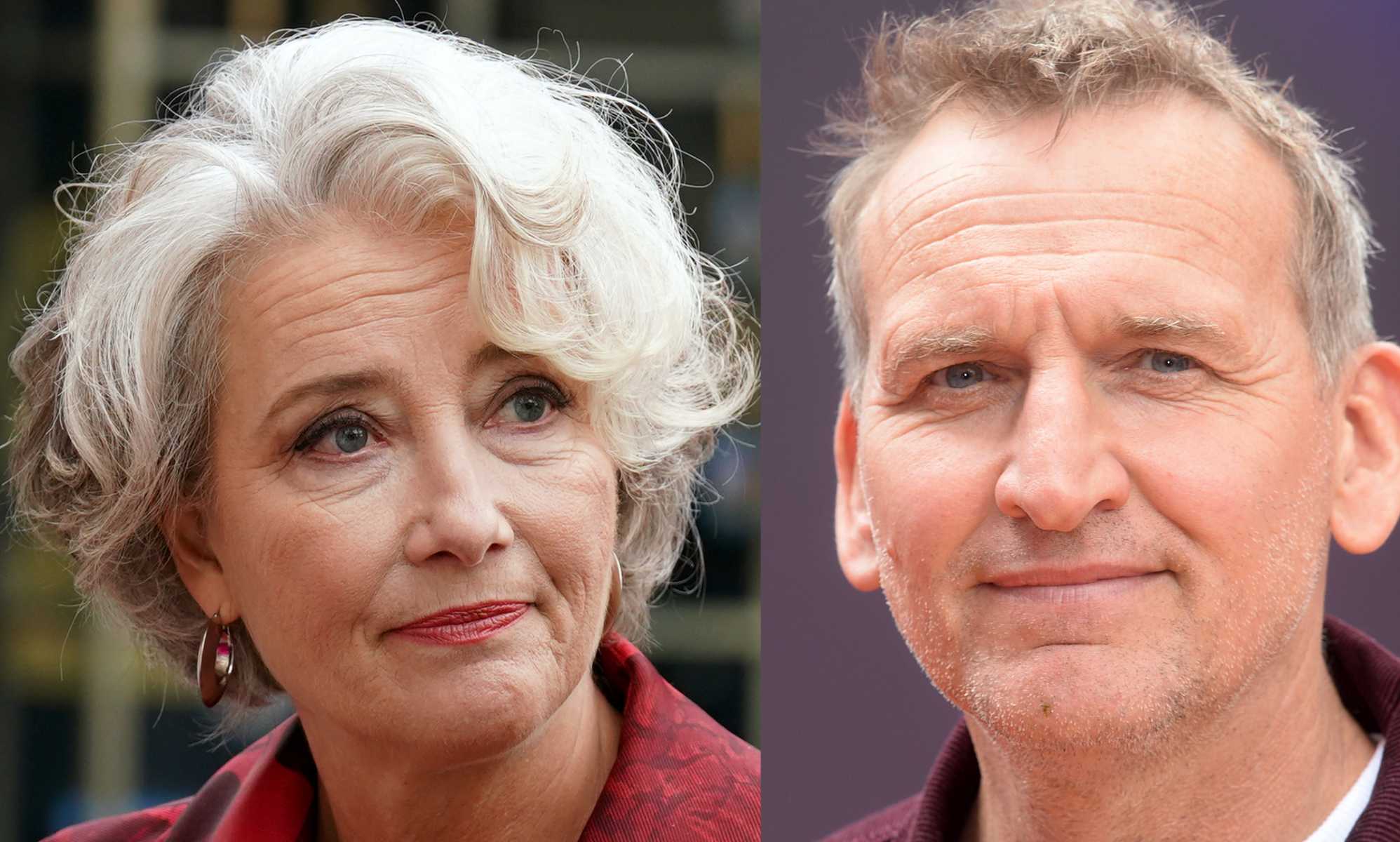Charities responses to new guidance for trans pupils

The UK government’s trans guidance for schools has been published (Scott Barbour/Getty Images)
LGBTQ+ charities in the UK have responded to the government’s draft guidance for trans schoolchildren, describing the proposals as “chilling” and “actively dangerous”.
Charities including Stonewall, Galop, and Mermaids have spoken out about the draft guidance, which could see teachers allowed to “decline” a student’s request to use different pronouns, and tell schools that access to single-sex facilities should be based on “biological” sex.
The long-delayed guidance on how to support trans and non-binary pupils at school was released on Tuesday (19 December), and lays out steps to approach a range of issues, from social transition, to changing names and pronouns, to access to single-sex spaces.
The non-statutory guidance explicitly states that primary school-aged children “should not have different pronouns to their sex-based pronouns used about them”, and that if a child wishes to socially transition, parents should be engaged.
LGBTQ+ charities have been swift to criticise the proposals, with Stonewall claiming the guidance is both “chilling” and “actively dangerous”.
Describing the guidance as “not fit for purpose” and comparing it to the cruel 1980s legislation Section 28, the charity explained that being encouraged to involve parents if a child wants to socially transition at school would “inevitably lead to real harm”.
Stonewall continued in a statement: “While non-statutory, it has the potential to have a chilling effect akin to Section 28, leaving children and young people who are trans or questioning their gender exposed to bullying and harassment.
“We know from our long-standing work with teachers and schools that they are looking for clarity and practical guidance on how they can support trans children to thrive in their education. This confused draft guidance provides neither.
“This is a serious and important area of policy work, and the final guidance needs to pool from a wider range of expertise and experience, and puts the safety and needs of children above all else.”
LGBTQ+ anti-abuse charity Galop explained that many trans and non-binary people (2 in 5) had experienced abuse at the hands of a family member, and that trans and non-binary people who had been abused, had often found support through teachers or adults at school.
“The guidance states that it would be very rare for a child to be at risk of significant harm in the event of the school informing their parent or carer that they are questioning their gender,” the charity wrote.
“Galop’s evidence suggests this is incorrect… and will lead to dangerous situations for some trans and non-binary young people.”
Trans youth charity Mermaids added that the government’s guidance is “out-of-touch” and “absurd”.
“It is difficult to understand how aspects of this draft guidance, including automatically excluding trans pupils from facilities, sport bans or allowing students to be misgendered are compatible with existing equalities law,” the charity said.
“The overwhelming majority of teachers and parents believe trans pupils should be safe at school and will disregard these discriminatory guidelines, which will be non-compulsory.”
Following on from the draft guidance being published, there will now be a 12-week consultation, which parents, teachers, and school staff are being encouraged to respond to.
The consultation runs from Tuesday (19 December) to 12 March 2024.
Commenting on the guidance, education secretary Gillian Keegan said: “This guidance puts the best interests of all children first, removing any confusion about the protections that must be in place for biological sex and single-sex spaces, and making clear that safety and safeguarding for all children must always be schools’ primary concern.
“Parents’ views must also be at the heart of all decisions made about their children – and nowhere is that more important than with decisions that can have significant effects on a child’s life for years to come.”






